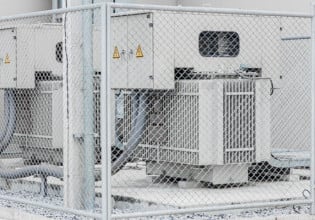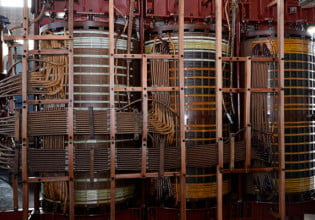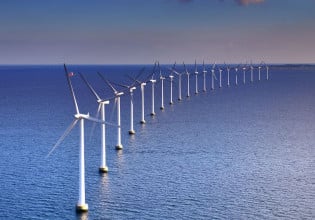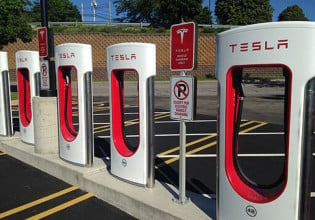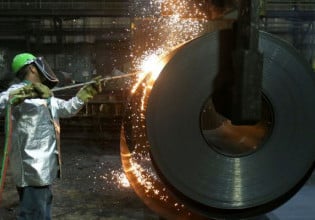Advances in High-Current Capacitor Technology With Film Capacitors
The film capacitor series from Electrocube is designed for high-power inverter applications in military deployments.
As industries continuously advance toward more sophisticated electronic systems, the need for components that can withstand high currents and harsh environments becomes paramount. Capacitors, in particular, have seen significant innovations to meet these rigorous requirements. This trend is evident in the development of film capacitors, widely used in applications ranging from renewable energy systems to advanced military equipment.
Rugged, high-current capacitors are used in military technology. Image used courtesy of U.S. Air Force
Recently, Electrocube released a series of rugged, high-current capacitors to meet these growing demands. This article will explore these capacitors' technical intricacies and applications and how they are shaping the future of power electronics.
Background of Film Capacitors
Film capacitors utilize a thin plastic film as the dielectric material. This configuration offers several advantages over traditional electrolytic capacitors, including superior thermal stability, higher voltage capabilities, and longer lifespans.
The choice of dielectric material is central to their design and determines the capacitor's performance under different electrical and environmental conditions. Polypropylene is a common dielectric in film capacitors thanks to its excellent electrical characteristics, such as low dielectric loss and high insulation resistance.
In high-current applications, these capacitors must exhibit exceptional endurance and reliability. This requirement has led to double metallization techniques, where thin metal layers are vapor-deposited on the film. Double metallization enhances the capacitor's ability to handle high currents while providing self-healing properties, crucial for maintaining functionality after minor dielectric breakdowns.
Moreover, the physical robustness of these capacitors is a key factor, especially in environments subject to mechanical vibrations, temperature fluctuations, and moisture. For these reasons, film capacitors are mostly used in power electronics systems, ranging from automotive to renewable energy.
Electrocube 985B Series
The Electrocube 985B Series family of film capacitors are specifically designed for challenging environments, such as high-powered inverter applications for rugged military and commercial land and sea applications.
Electrocube 985B film capacitor. Image used courtesy of Electrocube
Key to the 985B Series' performance is its double metalized polypropylene film construction, which offers high current handling capabilities and self-healing properties. The capacitors feature extended electrode construction, and standard tin-coated oxygen-free solid copper leads to enhanced durability. This rugged construction makes the capacitors uniquely capable of withstanding harsh conditions while providing reliable performance.
Capacitance vs. temperature for the 985B Series. Image used courtesy of Electrocube
The capacitors are available in various voltage ratings, including 400 V, 600 V, and 1000 V series, catering to a wide range of high-voltage applications. The series' versatility is further enhanced by its operating temperature range of -55°C to +105°C.
The electrical specifications of the 985B Series are equally impressive. With tolerances available to ±1%, these capacitors provide precise performance, essential in applications requiring tight voltage control. They can also handle frequencies up to 100 KHz, making them suitable for high-frequency power electronics applications.
An Alternative Capacitor Technology
As the demand for reliable and efficient power electronics continues to grow, technologies like the 985B Series will be crucial in enabling next-generation electronic systems. The continued innovation in capacitor technology will be vital in driving progress across various sectors, from renewable energy to advanced military applications, shaping the future of power electronics.





